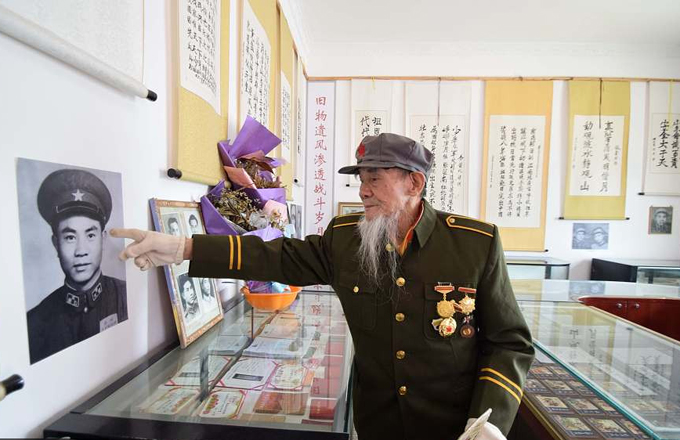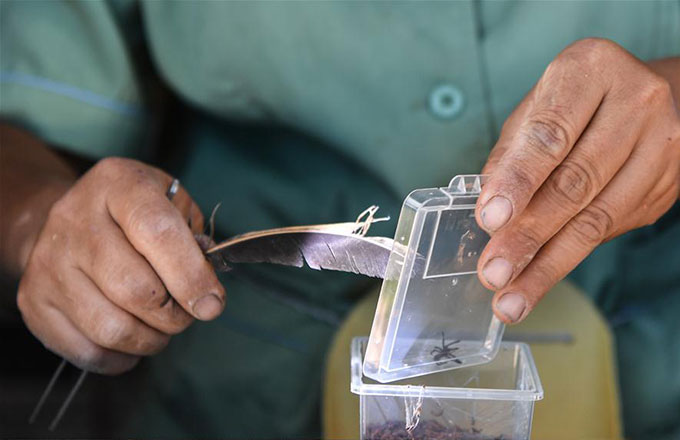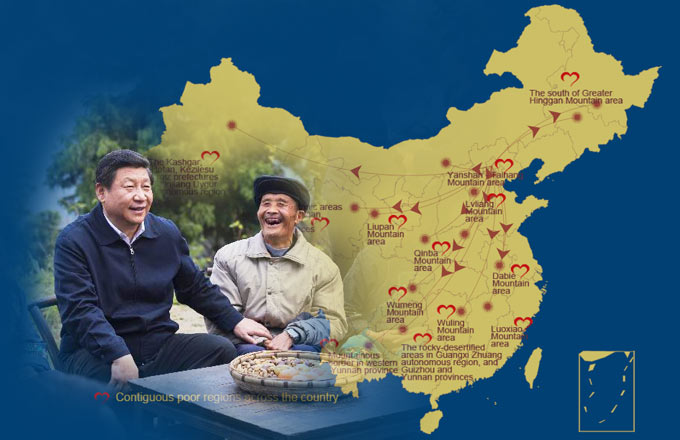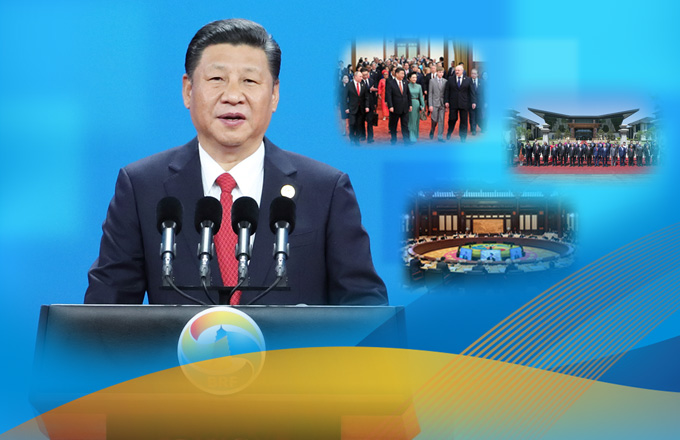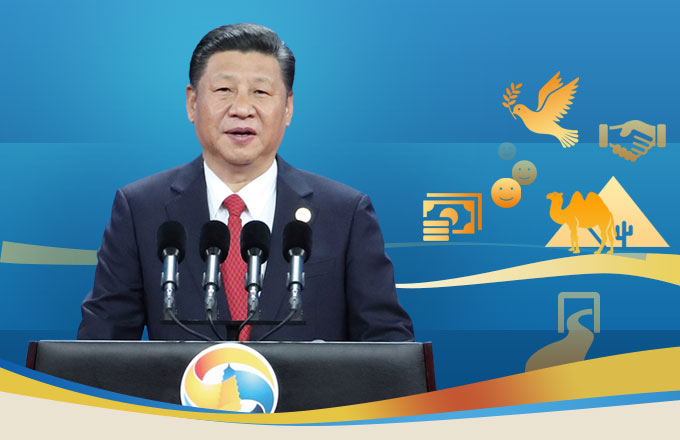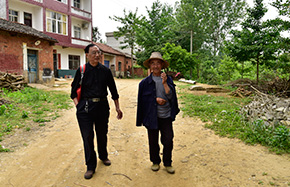Ex-Xinjiang paramilitary commander expelled
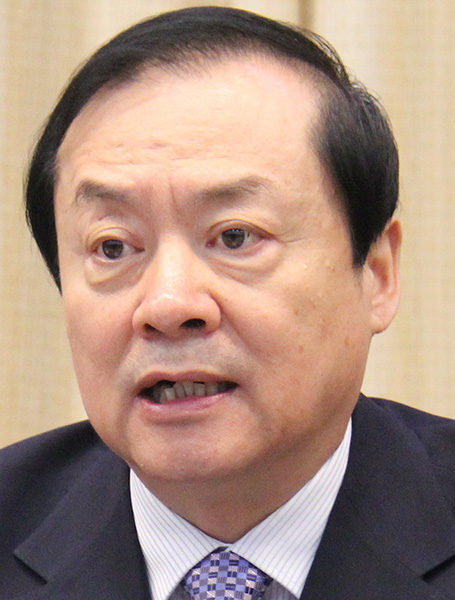 |
|
Liu Xinqi, former commander of the Xinjiang Production and Construction Corps |
A former commander of the Xinjiang Production and Construction Corps, a unique paramilitary organization in the Xinjiang Uygur autonomous region, was expelled from the Party after a corruption probe, China's top anti-graft authority announced on Wednesday.
In addition to being expelled, Liu Xinqi, 60, former commander and deputy Party chief of the corps - a ministerial-level post - was demoted to a divisional-level non-leadership position for obstructing disciplinary investigations, promoting officials against procedures and abusing his power to secure benefits for others, according to a statement released by the Communist Party of China Central Commission for Discipline Inspection.
The statement said Liu allowed his son to accept bribes from others. He also allowed relatives to use his name in business transactions, and knew that they received gifts and money as a result, the statement said.
The CCDI didn't say whether Liu is facing further judicial investigation.
Liu started his career as an accountant in the corps when he was 19, and worked in Xinjiang for more than 40 years. He had been the commander since 2011.
In October 1954, the central government demobilized troops in Xinjiang and set up the Xinjiang Production and Construction Corps - commonly known as bingtuan in Chinese - to open agricultural and livestock operations in the harsh environment of the Gobi Desert. The corps was stationed in the region's border areas as a militia to help stabilize Xinjiang.
Liu attended this year's National People's Congress in Beijing in March as a deputy in the Xinjiang delegation, but he was missing from the 7th Party Congress of the corps, which was held in the regional capital, Urumqi, in April.
Counting Liu, four former top Party officials of the corps have been placed under investigation in the past six months.
An inspection team of the CCDI found in 2014 that some officials traded power for money in connection with construction projects and agricultural machinery purchases. Some also used their influence to help their relatives do business.
The corps currently administers nine cities and 10 townships in Xinjiang - a population of 2.8 million. Some of its members are required to receive additional militia training while continuing to fulfill their regular duties maintaining social stability and reinforcing Xinjiang's border.








